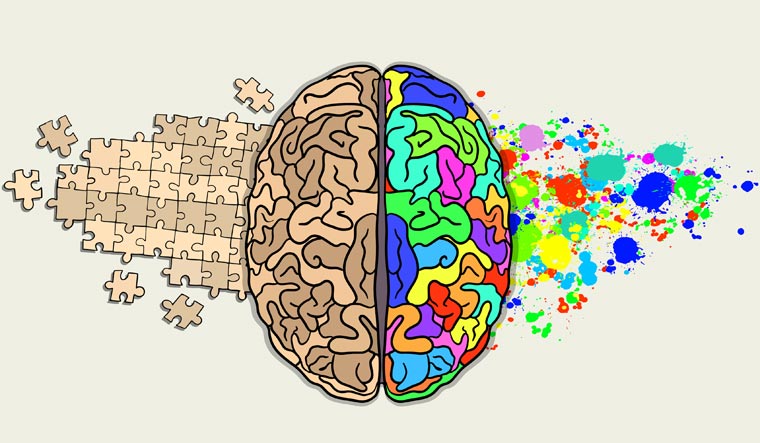In today’s fast-moving business environment, the most successful leaders aren’t just knowledgeable—they are cognitively flexible. This rare but crucial skill allows leaders to shift their thinking, adapt to new information, and handle ambiguity without losing focus.
What Is Cognitive Flexibility?
Cognitive flexibility is the ability to change your thinking and adapt your behavior in response to changing situations, rules, or perspectives. It’s the mental agility that fuels innovation, problem-solving, and resilience.

Why It Matters for Leaders
-
Allows for quick adaptation in uncertain markets
-
Enables better cross-functional collaboration
-
Reduces rigidity in decision-making
-
Fosters creativity and open-mindedness in team culture

How to Strengthen Cognitive Flexibility
-
Challenge Your Own Assumptions
Regularly examine long-held beliefs or strategies and ask, “Is this still valid?” -
Engage with Diverse Perspectives
Seek out opinions from different departments, industries, or cultures. Exposure expands thinking. -
Practice Mental Switching
Shift between tasks that require different skill sets or knowledge bases. This trains your brain to stay agile. -
Create Scenario-Based Exercises for Your Team
Encourage simulations or “what-if” discussions to practice adaptive decision-making.
Conclusion: Cognitive flexibility isn’t about changing your mind constantly—it’s about being open enough to update your approach when reality changes. In uncertain times, flexible leaders are future-ready leaders.









Replies to This Discussion